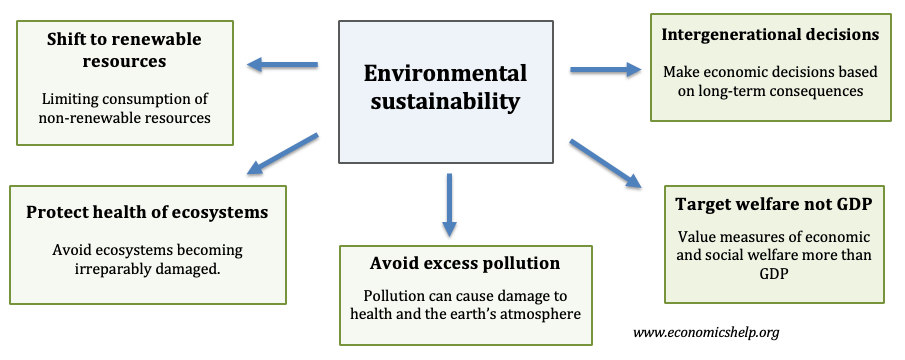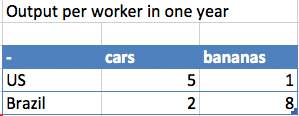Structural Adjustment – definition and criticisms
Structural adjustment is a term used to describe the policies requested by the IMF in condition for financial aid when dealing with an economic crisis in. The policies are designed to tackle the root cause of the problem and provide a framework for long term development and long term growth. Structural adjustment policies usually involve …



